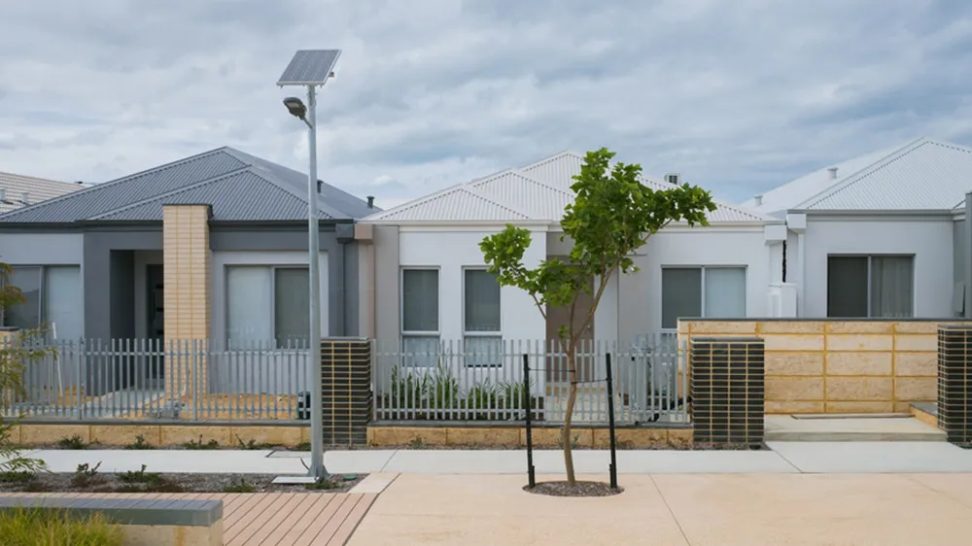Owning a home is a significant investment, and naturally, you’re curious about its current value. Whether you’re contemplating selling, refinancing, or simply staying informed, understanding your house’s worth is crucial. Trulia, a popular real estate platform, offers helpful tools to estimate your home’s value, but it’s important to understand how they work and utilize them effectively.
Demystifying Trulia Estimates
Trulia Estimates leverage a comprehensive database of public records and agent-submitted data to generate an approximate market value for your property. These estimates consider various factors, including:
- Location: Your home’s neighborhood and surrounding area significantly impact its value. Trulia factors in local market trends, recent sales in your vicinity, and overall desirability of the location.
- Property characteristics: The size, age, number of bedrooms and bathrooms, square footage, and condition of your home all play a role in the estimate.
- Public records: Trulia utilizes publically available information like property tax records and permits to gain insights into your home’s features and history.
While Trulia Estimates provide a valuable starting point, it’s essential to remember they are not professional appraisals. Appraisals involve a licensed professional physically inspecting your home, considering unique features, and meticulously analyzing comparable properties to arrive at a more precise market value.
Utilizing Trulia Estimates Effectively
Here are some key pointers to maximize the benefits of Trulia Estimates:
- Accuracy and Limitations: Recognize that Trulia Estimates are estimates, not definitive valuations. They may not account for specific renovations, upgrades, or unique features that can significantly impact your home’s value.
- Comparative Analysis: While Trulia Estimates provide a single value, leverage Trulia’s search function to explore recently sold homes in your neighborhood that share similar characteristics. This comparative analysis offers valuable insights into the current market and potential selling points for your own property.
- Consult a Real Estate Agent: For a more accurate and personalized assessment, connect with a local real estate agent. They possess extensive knowledge of your local market, can conduct a Comparative Market Analysis (CMA), and provide valuable guidance based on your specific goals.
Beyond Trulia Estimates: Additional Strategies for Determining Your Home’s Value
In addition to Trulia Estimates, consider these comprehensive methods to gain a well-rounded understanding of your home’s worth:
- Professional Appraisal: As mentioned earlier, a professional appraisal offers the most accurate and reliable assessment of your home’s value. While it involves a cost, the precision gained can be invaluable, especially when making crucial decisions like selling or refinancing.
- Online Valuation Tools: Several online platforms offer home valuation tools, often utilizing similar data points as Trulia Estimates. Explore these tools for additional data points, but remember to treat them as estimates and use them in conjunction with other methods.
- Market Research: Stay informed about current market trends in your area. Track recent sales of comparable homes, monitor listing prices, and attend local open houses to gain valuable insights into the current market climate.
Conclusion
Understanding your home’s value empowers you to make informed decisions regarding your investment. While Trulia Estimates provide a convenient starting point, remember they are estimates, not definitive valuations. Utilize them alongside comparative analysis, consult a real estate agent for a more precise assessment, and consider additional strategies like professional appraisals and market research to gain a comprehensive understanding of your home’s worth in the current market.

